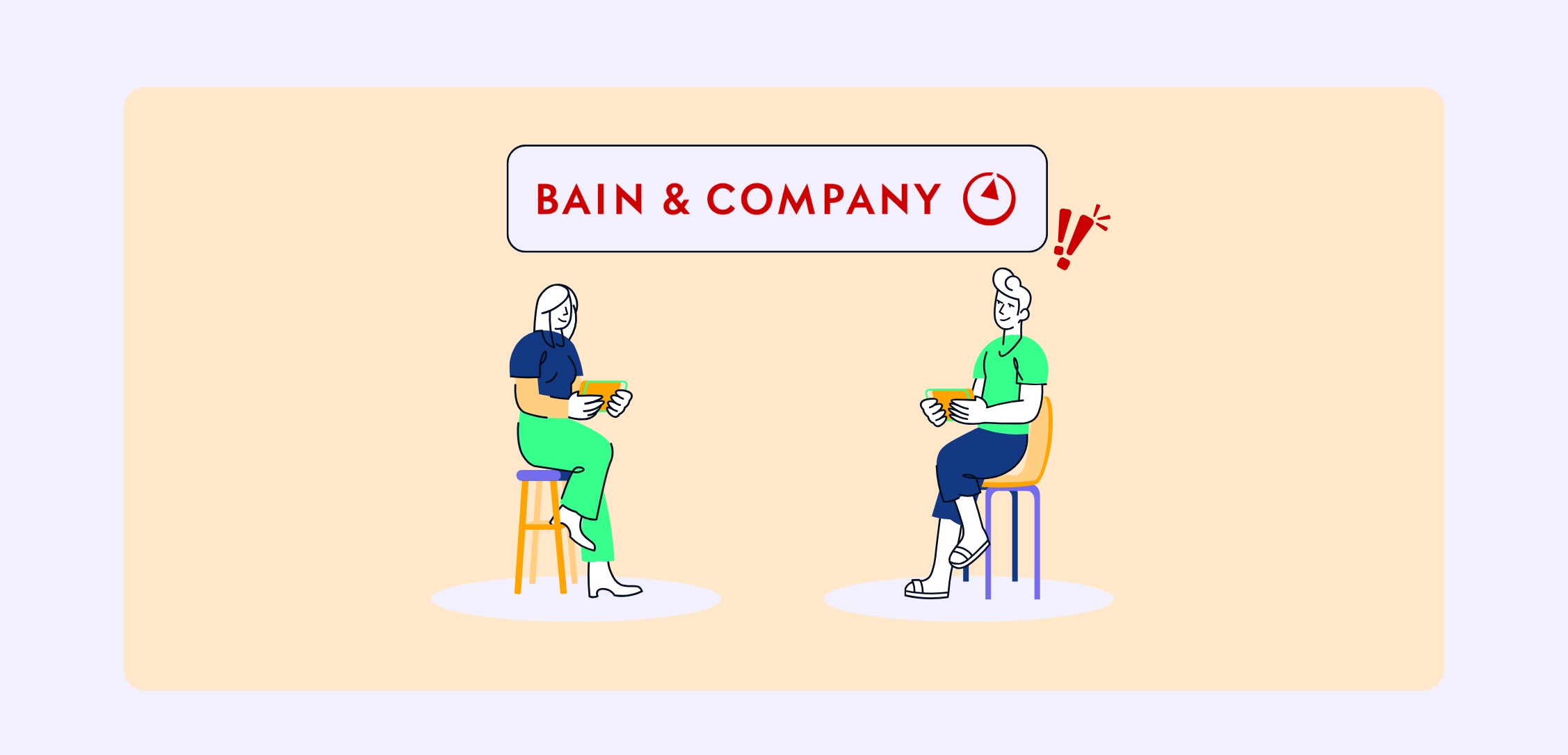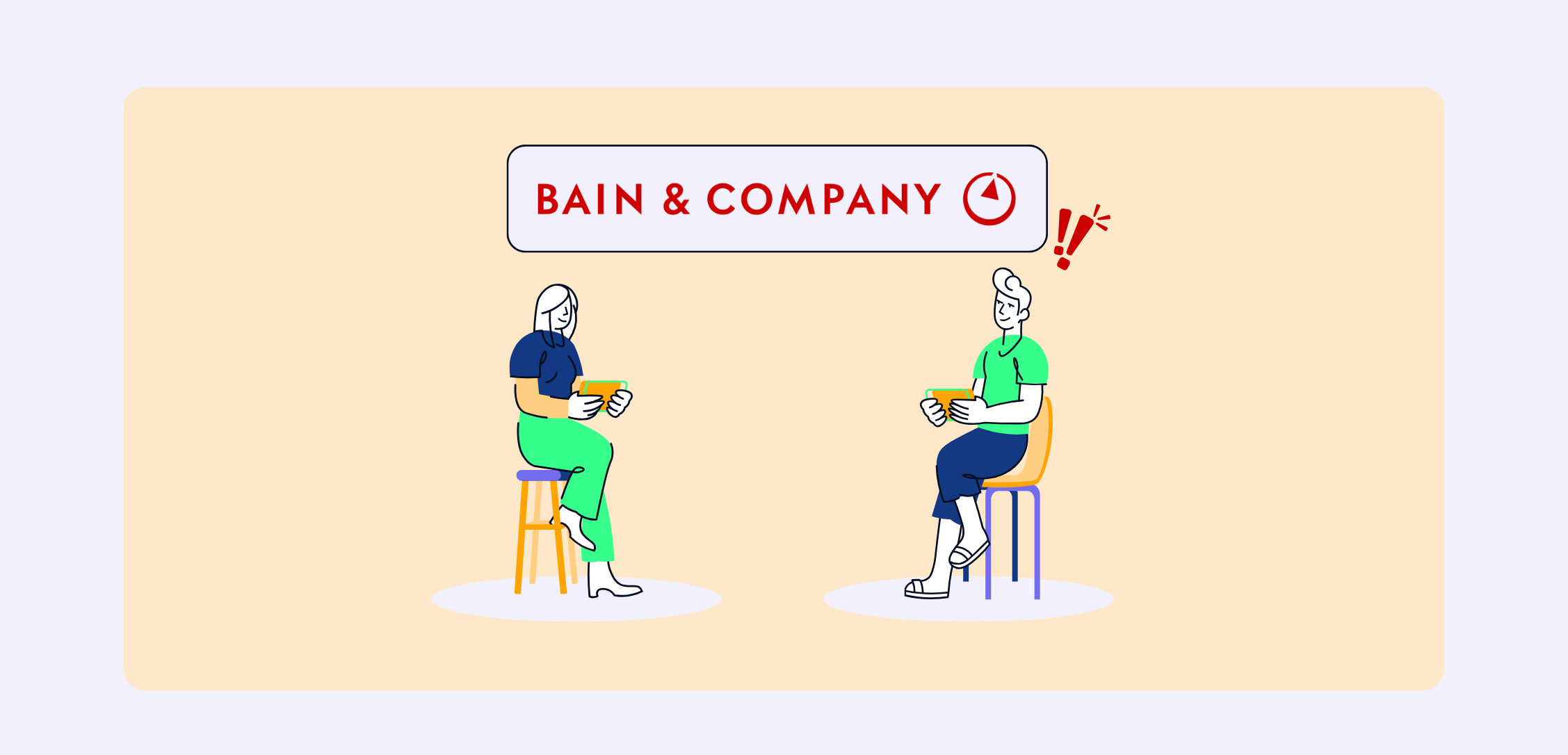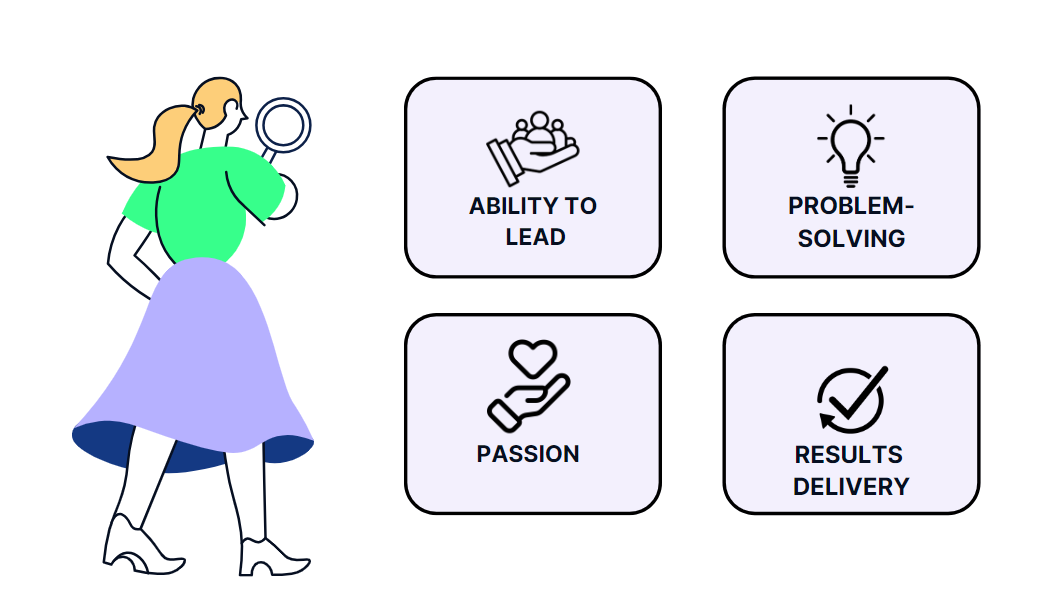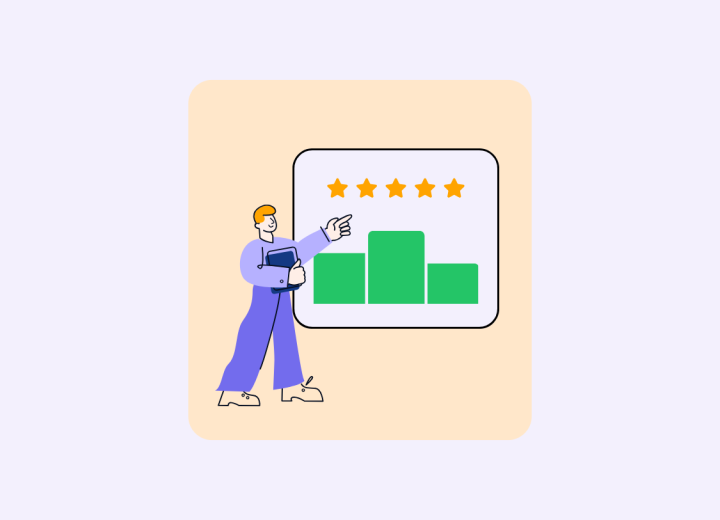Bain & Company is one of the top three strategy consulting firms that make up the prestigious MBB (McKinsey, Bain, and BCG). As a globally operating consulting firm, Bain generates over $15 billion in revenue and employs around 38,000 people across various countries.
Every year, thousands of applications are submitted to Bain, but only a limited number of positions are available. With an acceptance rate of under 1%, the company is known for attracting the best talents from academia and industry.









